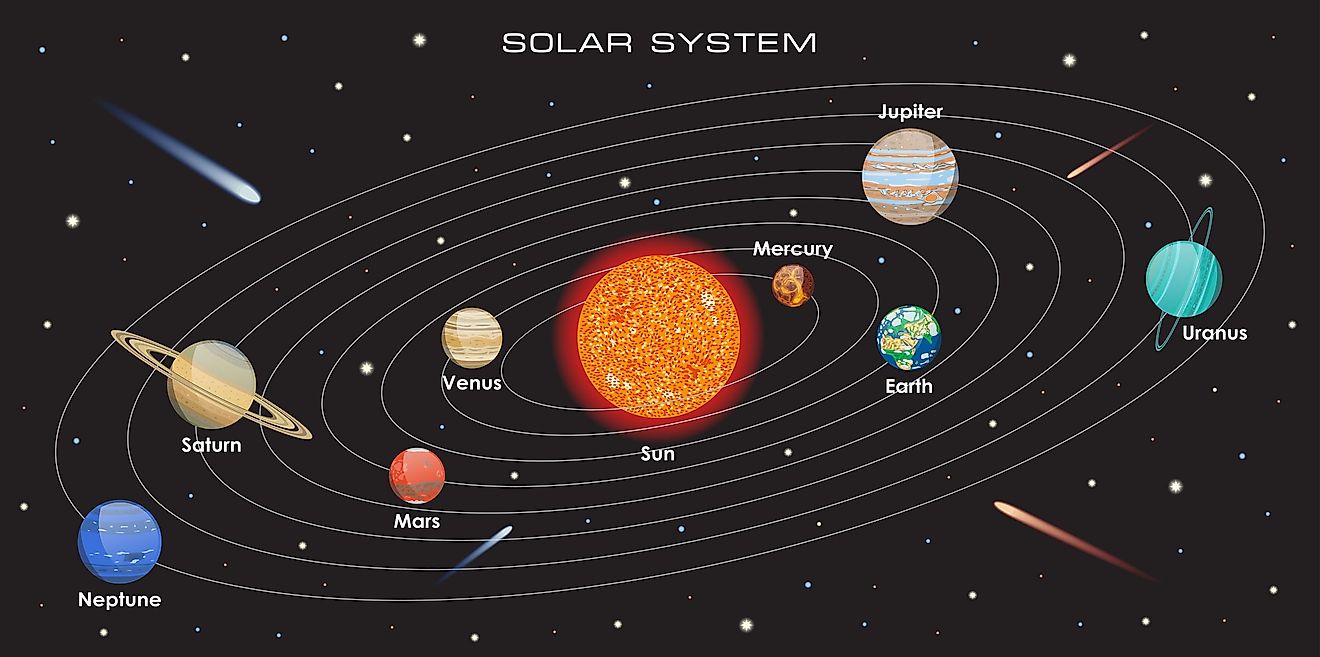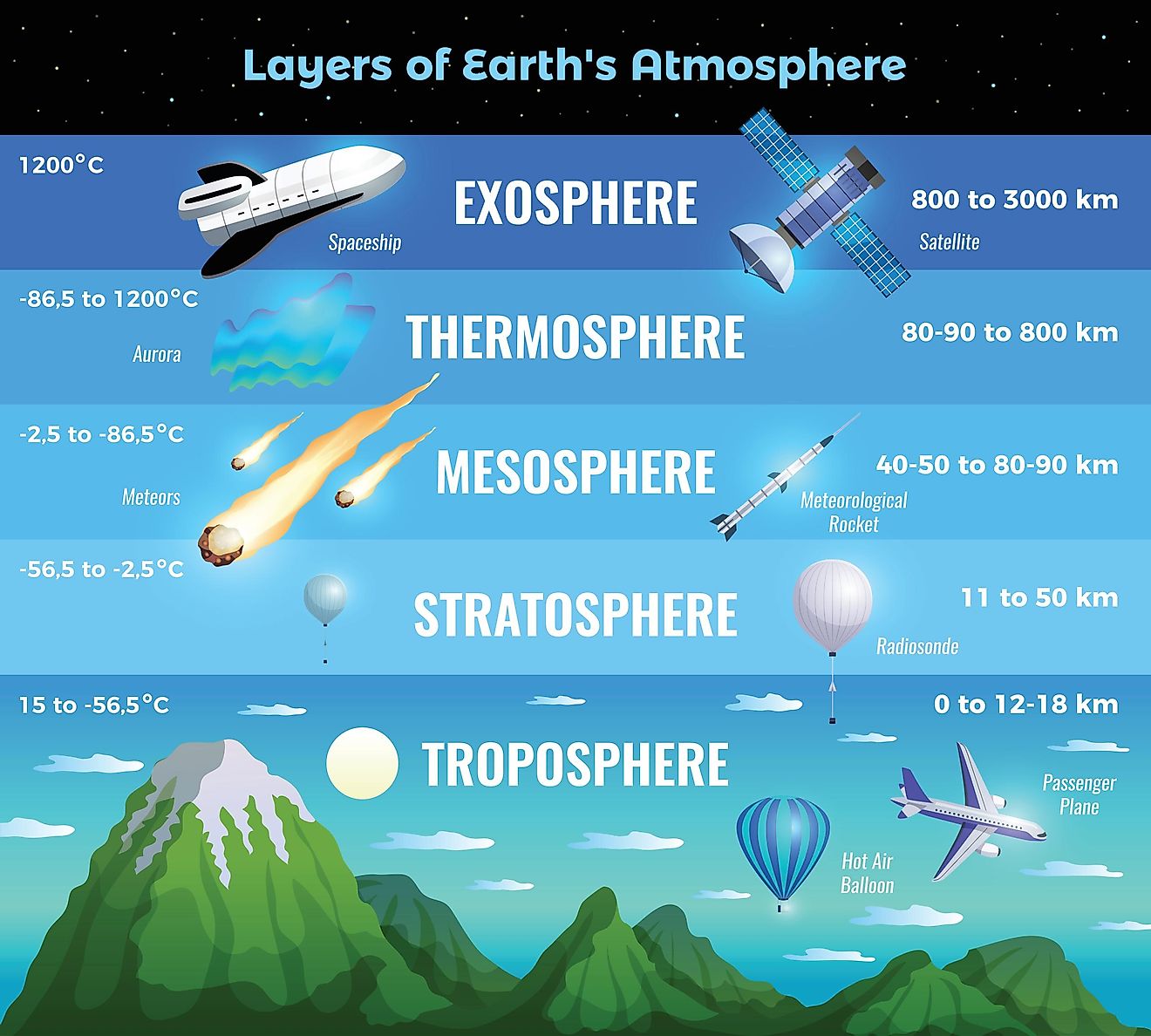
Where Did Earth’s Water Come From?
The Earth is the only planet in the solar system where liquid water exists on the surface. Our planet is fortunate enough to orbit in the sun’s habitable zone, which allows for the existence of conditions that allow liquid water to form on the surface. About 71% of the Earth’s surface is water, and over 96% of the water on Earth is in its oceans. Where did all this water come from?
A Cosmic Origin

The Earth, along with all the other planets, emerged from a protoplanetary disk surrounding the sun around 4.5 billion years ago. During its formation, the Earth had no water, and instead, the surface was a sea of molten rock. Temperatures were far too extreme for water to exist in liquid form, and even if temperatures were cold enough, the Earth did not yet contain much water. That’s because temperatures in the inner solar system would have been too high for icy objects to form. Rather, most of the solar system’s water was concentrated in comets and asteroids beyond the orbit of Mars. In order for those icy objects to reach our world, Earth needed the help of the gas giants. Jupiter disrupted the orbital paths of comets and asteroids, sending them on a trajectory towards the inner solar system. 4.5 billion years ago, the solar system contained far more debris than it does today, and so impacts with the planets were far more common. From 4.1 to 3.8 billion years ago, the inner solar system underwent a period of time called the Late Heavy Bombardment, which saw countless asteroids, comets, and meteors impact the inner planets. Many of these objects were primarily composed of ice, and when they impacted the planets, they brought their water with them. Although each one only contained a small amount of water, the sheer number of them delivered enough water to form the first oceans around 3.8 billion years ago.
Evidence

Evidence for asteroids and comets delivering water to Earth mostly comes from comparing Earth’s water to the water found on these icy objects. Scientists use a ratio that compares heavy water to normal water. Normal water is simply just H2O, while heavy water is a water molecule that contains an extra neutron attached to the hydrogen atom, called deuterium. By knowing the ratio of heavy water to normal water on Earth, scientists then compare that ratio to water on asteroids and comets. The ratio in our water is nearly identical to that of asteroids and some comets, offering strong evidence that Earth’s water came here via asteroids and comets. However, an interesting observation that has been made in recent years suggests that Earth may have formed with at least some water. Some of the earliest water on Earth has ratios that are noticeably different from those on asteroids and comets, which suggests that Earth’s mantle may contain water. This suggests that some water was likely delivered to the surface through volcanic eruptions.











